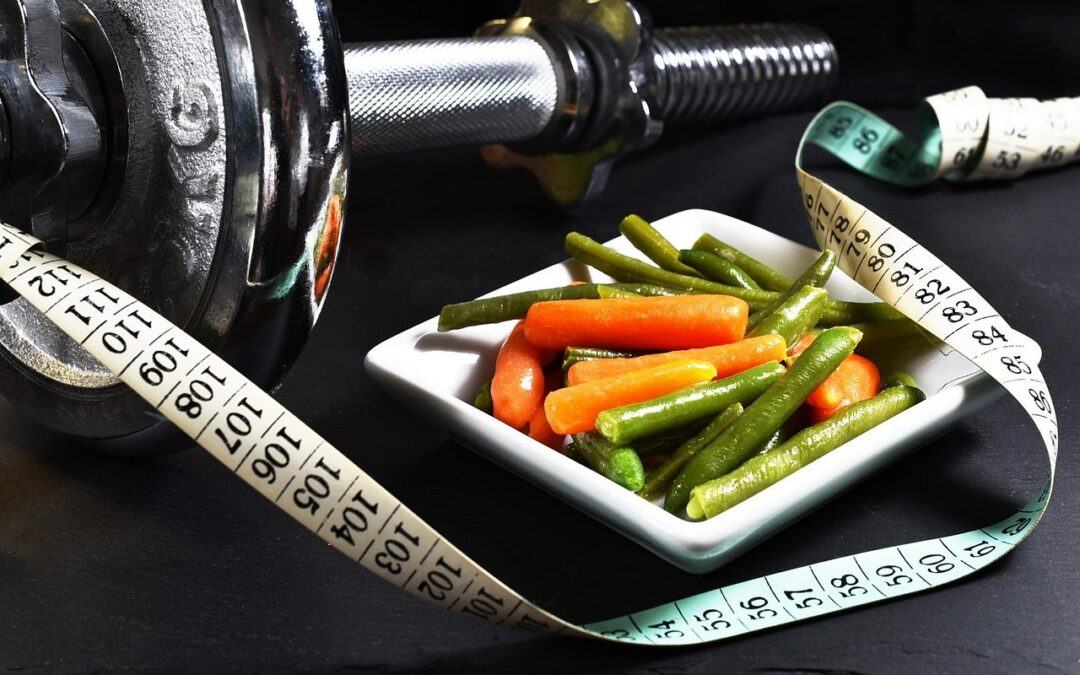Why Losing Weight Feels So Hard
With so many diet fads, it’s no wonder people get confused about what “eating healthy” really means. I’ll be honest — I’m not a dietician, and for half my life I didn’t eat particularly well. Over the years, I’ve probably lost and regained a thousand pounds in 50-pound cycles. Some people can eat whatever they want and never gain a pound. Others live on diets and still struggle. Genetics plays a role in body type, but our environment — especially the addictive foods we’re surrounded by — has far more influence.
The Case for Intermittent Fasting
One approach that works for many is intermittent fasting. Traditionally, that means not eating from dinner until around noon the next day. But here’s a twist: instead of a strict clock-based fast, wait at least five hours after waking up before your first meal.
- Wake up at 6 a.m.? Hold off until 11 a.m. or noon.
- Sleep in until 10 a.m. on Saturday? Don’t eat until 3 p.m.
The benefit is twofold: you’re not eating, and you’re also moving — burning calories while fasting. If you have blood sugar issues, always consult your doctor and keep a safe food handy just in case.
Quick Tip: Exercise on an Empty Stomach
After 12 hours without food, your glycogen stores are depleted. That’s when your body turns to fat for energy. Doing your morning exercise routine — walking, yoga, stretching, or light strength training — before your first meal can maximize fat burning.
Change Takes Time
Weight gain doesn’t happen overnight, and neither does weight loss. It just feels faster because gaining weight is usually more enjoyable. Losing weight takes patience and consistency, which is why so many people fall off the diet wagon when they don’t see quick results.
True transformation requires incremental change and an understanding that impulsive, emotion-driven decisions are the enemy of progress.
The Simple Formula
Here’s the straightforward math behind weight loss:
- Decide your goal weight. Multiply it by 10. That’s your daily calorie target.
- Example: Goal weight 150 lbs → 150 × 10 = 1,500 calories per day.
- To lose gradually, reduce month by month. At 200 lbs, aiming for 190 means about 1,900 calories/day. Then 180 lbs = 1,800 calories/day, and so on.
No gimmicks. No banned foods. Just energy in vs. energy out.
Eat to Live, Don’t Live to Eat
The average person maintains weight on about 2,500 calories daily. If your scale is creeping upward, reduce intake slightly until it balances. Restrict calories in a healthy way and you’ll not only manage weight but also help lower blood sugar, regulate blood pressure, and even boost energy levels.
Takeaway: Forget extreme diets. Focus on eating within your calorie range, delaying meals until you’ve been active, and making steady changes. Consistency beats intensity every time.
Learn More About Diet And Exercise: Buy Be Simply Fit

